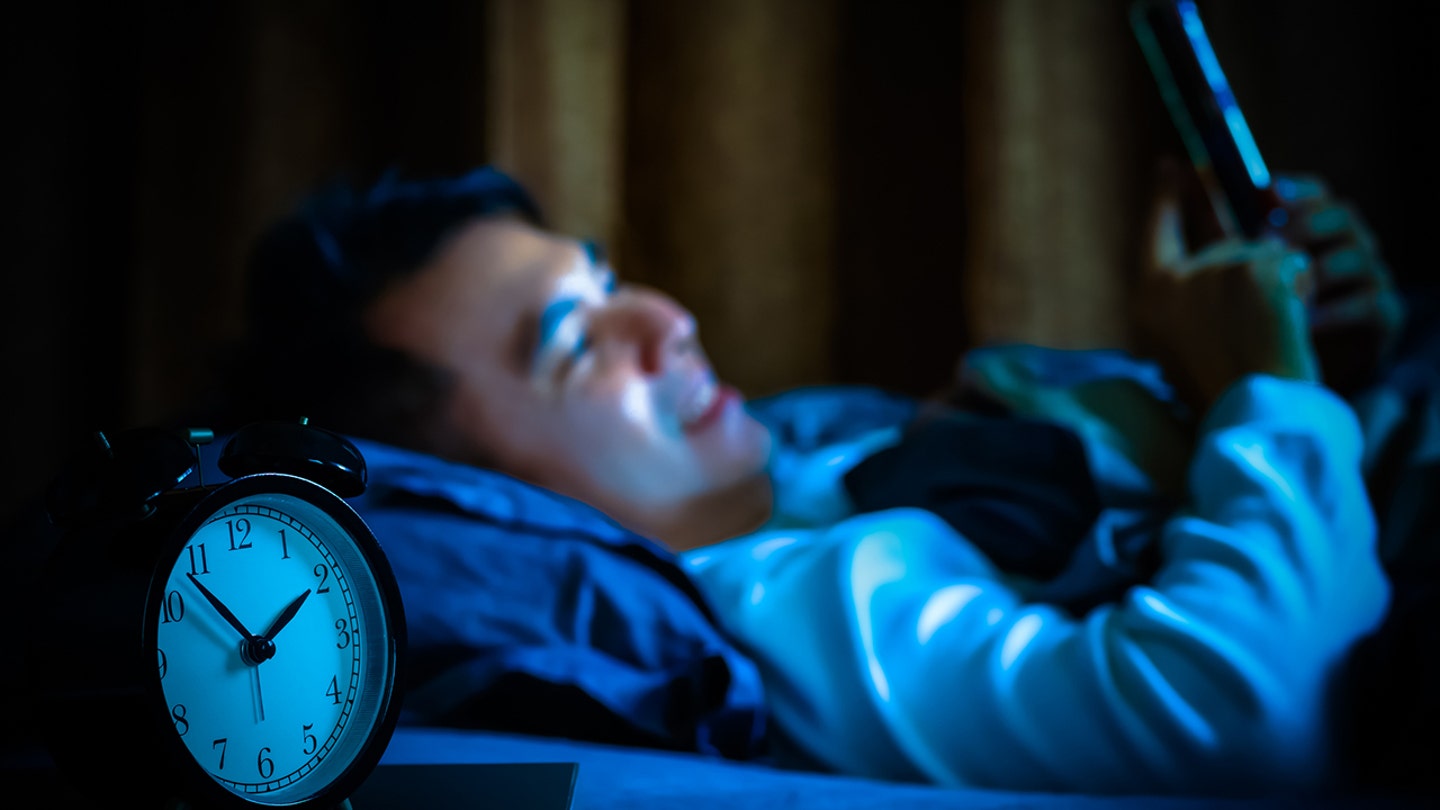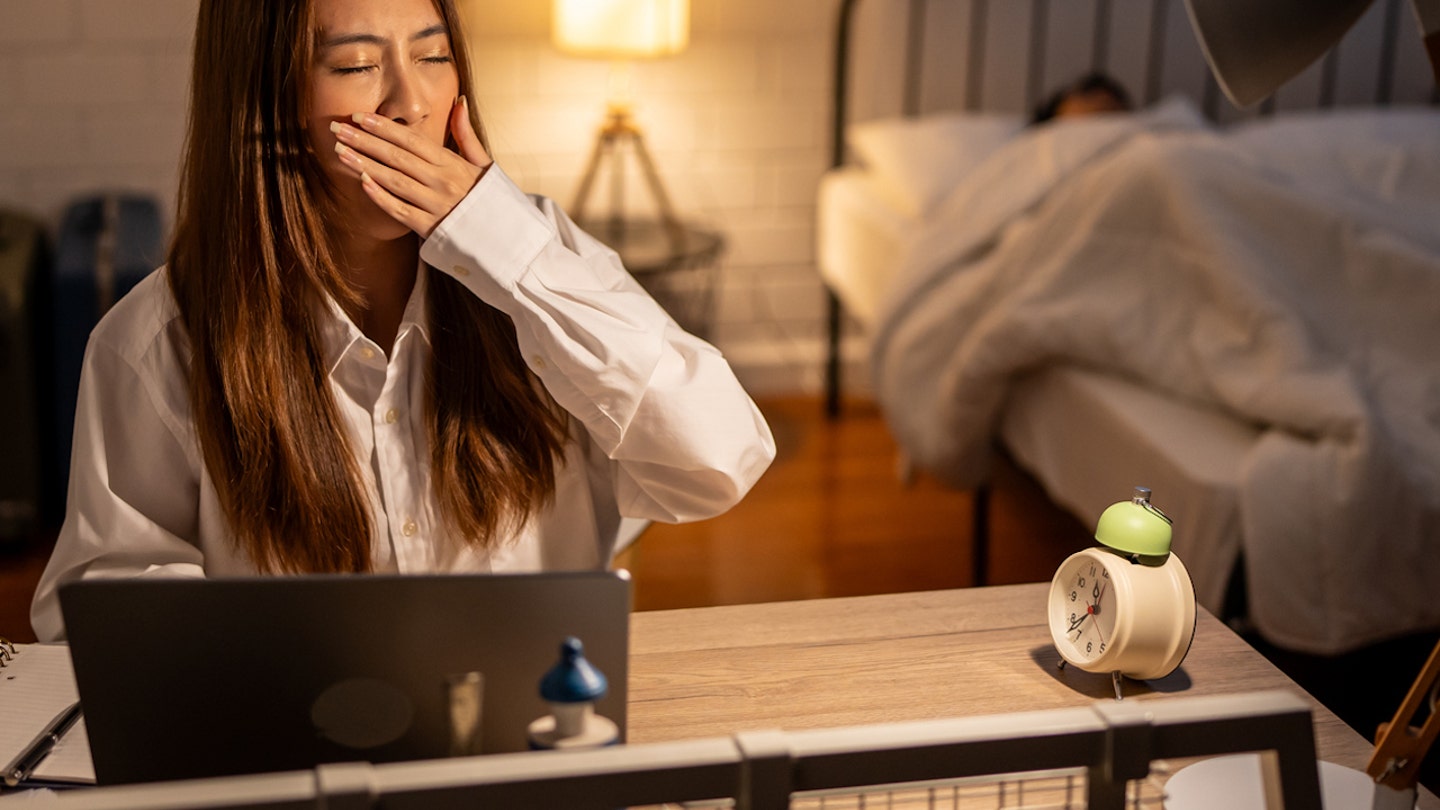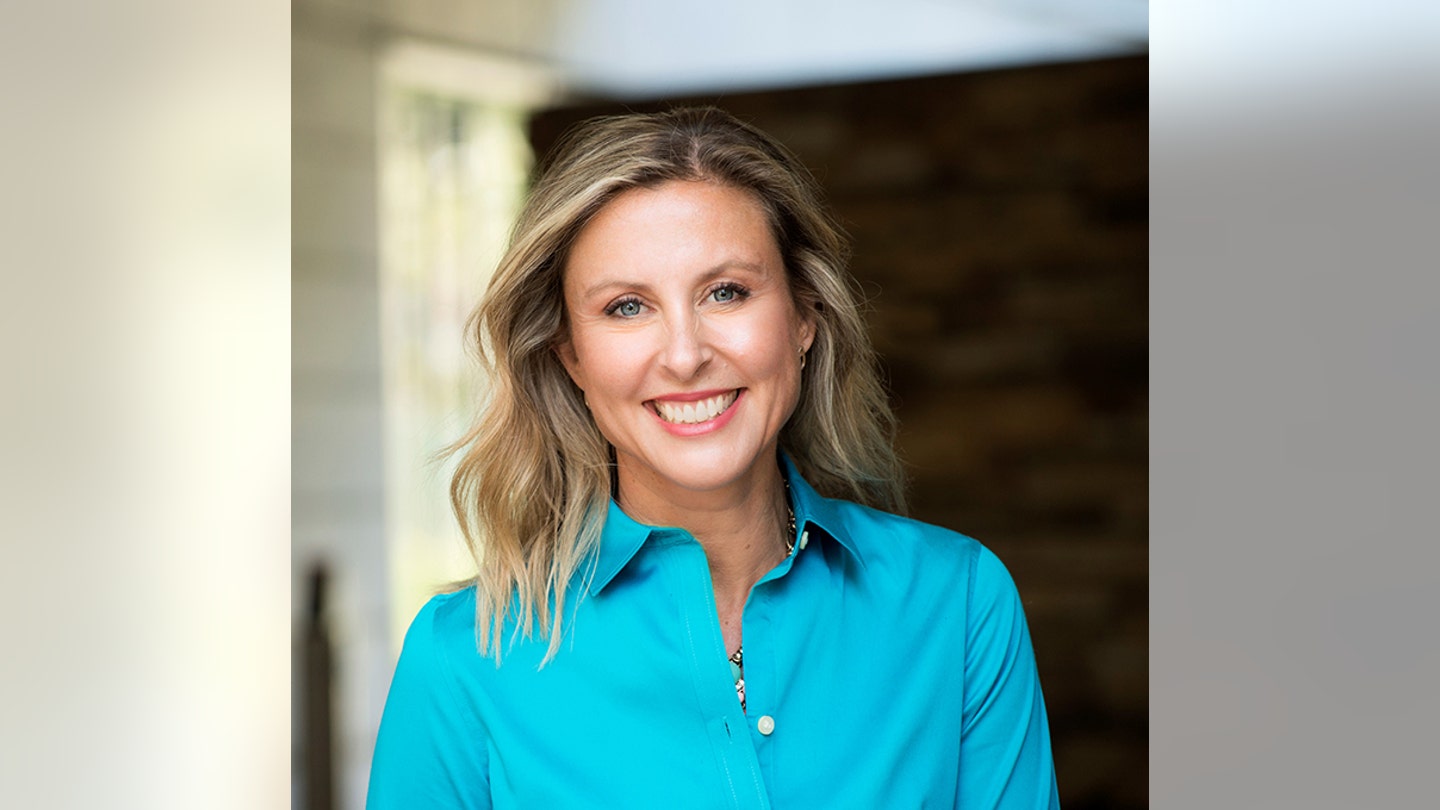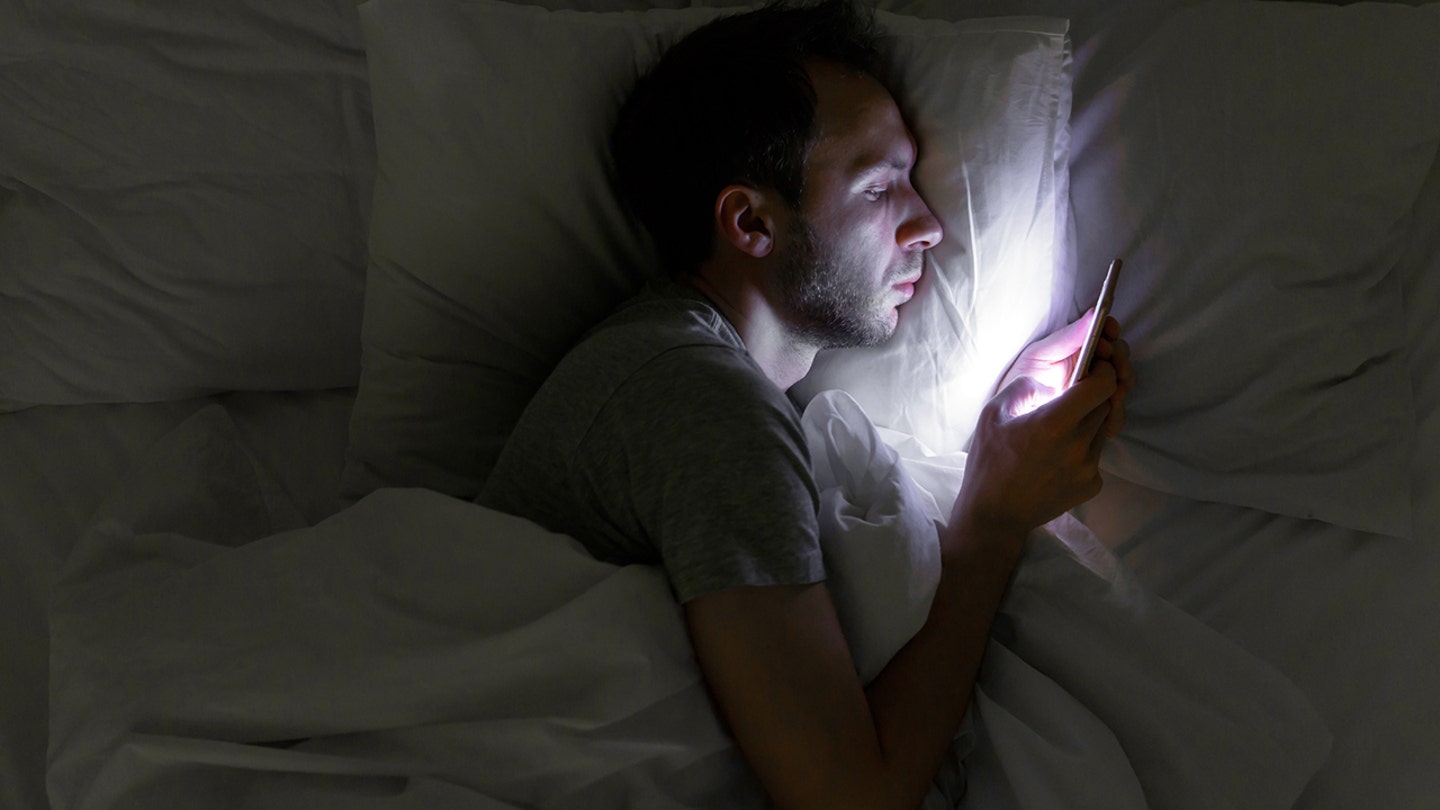Night owls might want to start turning in earlier.
A recent study by Stanford University, published in the journal Psychiatry Research, found that going to bed after 1:00 a.m. could lead to mental health issues.
Researchers analyzed the data of more than 73,000 adults in the U.K., looking into their chronotype (inclination to rise early or stay up late) and actual sleep timing.
FEELING HUNGRIER THAN USUAL? YOUR SLEEP SCHEDULE COULD BE THE CULPRIT, AN EXPERT SAYS
The study then examined the alignment between the two and the prevalence of mental, behavioral and neurodevelopmental disorders (MBN), as well as depression and anxiety.
People with a morning preference who go to bed early exhibit “better mental health” compared to morning types who go to bed late, the study found.
Overall, early birds seemed to have better mental health, according to a Stanford University research. (iStock)
Morning types who tend to go to bed late have an increased risk of MBNs, depression and anxiety.
People with an evening preference who sleep late were also found to demonstrate poorer mental health. Evening types who wake up early, conversely, have a lower risk of developing depression.
Based on these findings, the researchers recommended going to sleep before 1:00 a.m., regardless of preference.
AMERICANS NEED MORE SLEEP, LESS STRESS, EXPERTS SAY, AS GALLUP POLL REVEALS TROUBLING FINDINGS
Study co-author Jamie Zeitzer, Ph.D., a professor at Stanford University’s department of psychiatry and behavioral sciences in California, said he was surprised by the results.
“They were not what we expected at all,” he wrote in an email to Fox News Digital. “We spent more than a year trying to disprove our findings, but could not find an alternate explanation.”

“We had expected that night owls who stayed up late would be OK, but they ended up being at a greater risk for developing mental health disorders than night owls who went to bed earlier,” one researcher said. (iStock)
The researchers originally anticipated that individuals who aligned their actual sleep timing with their morning/evening preference would have the best mental health, Zeitzer noted – but this was not the case.
“Rather, we found that being awake late at night, irrespective of preferred sleep timing, was associated with worse mental health,” he said.
Good sleep is “crucial for establishing a pillar of good mental health,” according to Zeitzer.
TYPE 2 DIABETES A MUCH GREATER RISK FOR ‘NIGHT OWLS’ THAN FOR EARLY BIRDS, A ‘STARTLING’ NEW STUDY FINDS
“It is not necessarily [the case] that bad sleep causes poor mental health, but it can definitely facilitate poorer mental health,” he said.
“There are several aspects of sleep that contribute [to mental health], including the duration (which we accounted for in our study) and the timing (which we directly examined in our study).”

Not getting enough sleep has been proven to compromise mental health, according to a sleep expert. (iStock)
While it might not be detrimental for all night owls to stick to their preferred nighttime sleep schedule, Zeitzer said, the research highlights that it presents a risk for some.
“We are not clear as to why this is the case, but it may have to do with the isolation that often accompanies such late-night behavior,” he said.
“So, being aware of how you are spending your late nights and whether these behaviors are conducive to good mental health is crucial.”
WANT TO BE A MORNING PERSON? THESE 6 EXPERT TIPS MAY GET YOU THERE
Dr. Wendy Troxel, a Utah-based sleep expert who was not involved in the study, agreed that the findings are “very interesting” – particularly the fact that going to bed later is associated with poorer mental health regardless of one’s natural tendency.
“These findings underscore that sleep health is a multidimensional state,” Troxel said in an interview with Fox News Digital.
“It’s not just about getting enough sleep or good quality sleep that matters, but the timing matters, too.”
“Going to bed excessively late on a regular basis may lead to impairments in decision-making and emotion regulation.”
Failing to get enough sleep has been proven to compromise mental health by “influencing brain mechanisms that help to regulate emotions,” she added.
“Going to bed excessively late (i.e., after 1 a.m.) on a regular basis may lead to impairments in decision-making and emotion regulation, which may underlie associations with mental health problems, such as depression and anxiety,” she said.
CLICK HERE TO GET THE FOX NEWS APP
The study results are also interesting when applied to specific groups who tend to be night owls, like teenagers, Troxel noted.
“Biologically, teenagers are predisposed to stay awake later and sleep in later, which is in conflict with early school start times,” she said.
“This can set them up for a ‘double whammy’ of both insufficient sleep and delayed sleep schedules, which can contribute to mental health problems — a major public health issue among teenagers.”

Dr. Wendy Troxel, senior behavioral scientist for RAND Corporation, is the author of “Sharing the Covers: Every Couple’s Guide to Better Sleep” and is also a scientific advisor for the Sleep Foundation. (Diane Baldwin)
3 critical steps for better sleep
Troxel recommends taking the following steps to improve the quality of sleep.
First, slowly advance bedtime earlier by 15-minute increments each week.
Next, allow for plenty of sunlight in the morning, she advised, as sunlight is “one of the most powerful cues to help set the circadian rhythm.” In the evening, keep the lights low.
For more Health articles, visit foxnews.com/health.

It’s important to stay consistent with sleep schedules, even on the weekends, one sleep expert advised. (iStock)
Finally, stay consistent with your sleep schedule, including on weekends, Troxel suggested.
While this can be challenging, especially for night owls, reverting to a later bedtime and wake-up times will “set you back to square one,” she warned.
CLICK HERE TO SIGN UP FOR OUR HEALTH NEWSLETTER
The key to successfully shifting sleep habits is to do it gradually, Troxel said.
“It’s similar to the approach we would recommend for changing one’s schedule to manage jetlag,” she said.

Being aware of how you’re spending your late nights is “crucial” to good mental health, one of the study researchers said. (iStock)
Zeitzer noted that it can be difficult for anyone to switch up their sleep schedules, especially for those who prefer more “extreme times,” like staying up until 4:00 a.m. or waking up before 5:00 a.m.
CLICK HERE TO GET THE FOX NEWS APP
Going to bed and waking up at the same time every day is the best way to successfully make a shift, he said, along with exposure to bright light.
